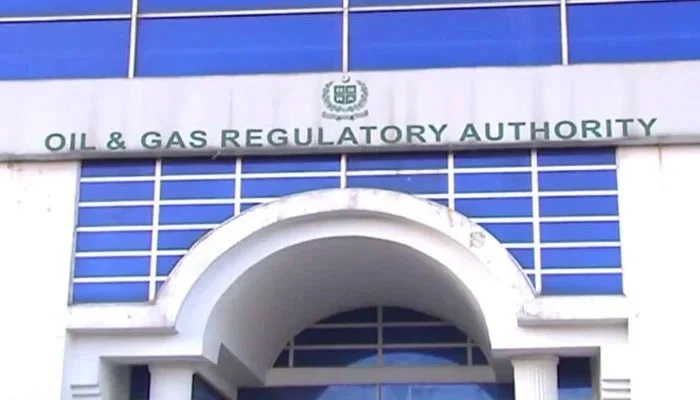Iran-Israel Conflict Drives Pakistan to Ensure Fuel Reserves

By Nasir Aijaz
The AsiaN Representative
ISLAMABAD: The escalating Iran-Israel conflict has prompted urgent measures by Pakistani authorities to safeguard the nation’s fuel security, highlighting potential vulnerabilities in the country’s petrol supply chain. The Oil and Gas Regulatory Authority (OGRA) has ordered oil marketing companies to maintain a mandatory minimum reserve of 20 days’ worth of fuel, emphasizing the importance of stockpiling amid regional turmoil. Simultaneously, the government has expedited the import of 140 million liters of petrol, with shipments now rescheduled to arrive on June 26, in a bid to bolster domestic reserves and prevent shortages.
Despite these proactive steps, concerns persist regarding the stability of the regional shipping routes critical for fuel imports. Pakistan relies heavily on Gulf region sources for its petroleum needs, and officials from the Pakistan State Oil (PSO) have indicated that, while current reserves are deemed sufficient, the situation remains precarious. They forecast that an additional 140 million liters of petrol will be available by July 1, but emphasized that further emergency tenders could be issued if regional hostilities intensify.
The Pakistan National Shipping Corporation (PNSC) has sounded the alarm over potential disruptions in vital maritime routes, particularly in the Strait of Hormuz, where recent GPS signal disruptions and temporary navigation issues have been reported. Such challenges exacerbate fears of delays and increased operational costs, with freight rates soaring by up to 15%. Vessel costs have surged from 900,000 to over \1.1 million per trip, while insurance premiums have escalated from $15,000 to $22,000 per voyage—further inflating the cost of imports amid a climate of regional instability.
These logistical bottlenecks come at a time when global oil prices are witnessing a sharp 16% increase due to the Iran-Israel conflict, prompting Pakistan’s authorities to rule out any immediate reduction in the Petroleum Development Levy (PDL). Nevertheless, there is a growing acknowledgment that domestic fuel prices might soon rise in line with international trends, posing a socio-economic challenge for consumers.
The government maintains that Pakistan’s petroleum reserves are sufficient for the moment, but officials from the finance department have admitted that an ongoing escalation in global oil rates could necessitate a rise in local fuel prices. The delicate balance between maintaining strategic reserves and managing economic impacts underscores the potential for a domestic fuel crisis as regional tensions threaten to disrupt maritime routes and inflate import costs.
In this tense geopolitical landscape, Pakistan faces a dual challenge: ensuring uninterrupted fuel supplies for its population and economy while navigating the complex risks posed by regional conflict and shipping route instability. The situation underscores the critical need for strategic planning and resilient supply chains to avert a looming petrol shortage amidst the volatile Iran-Israel conflict.




